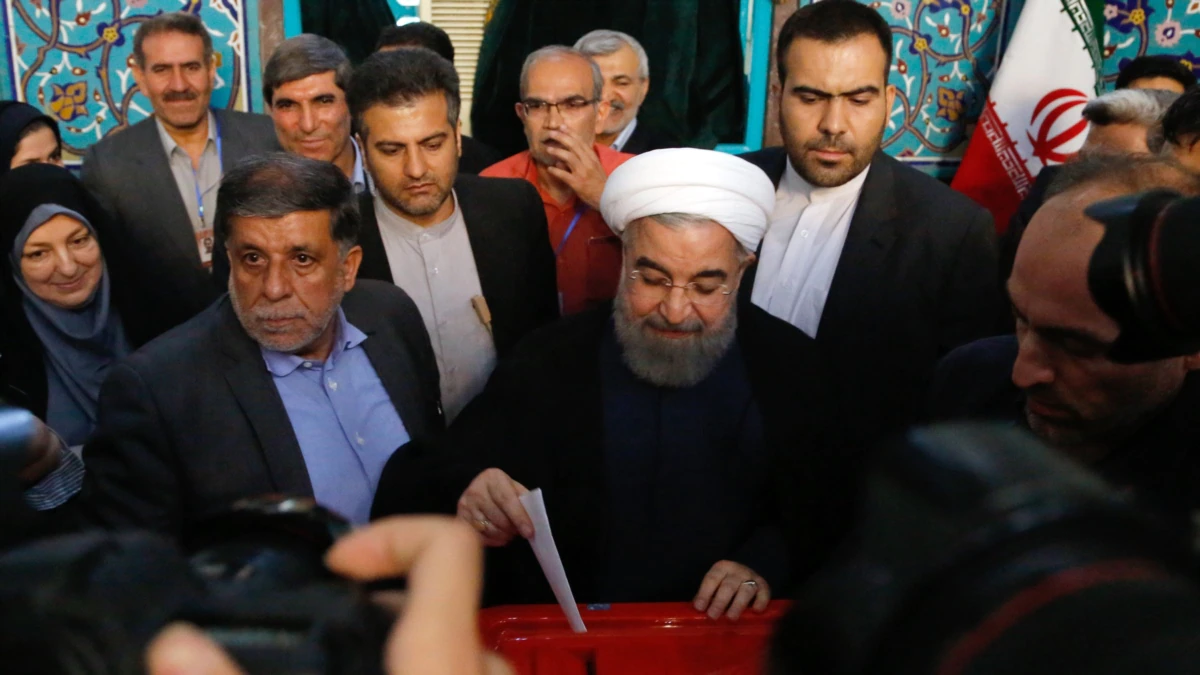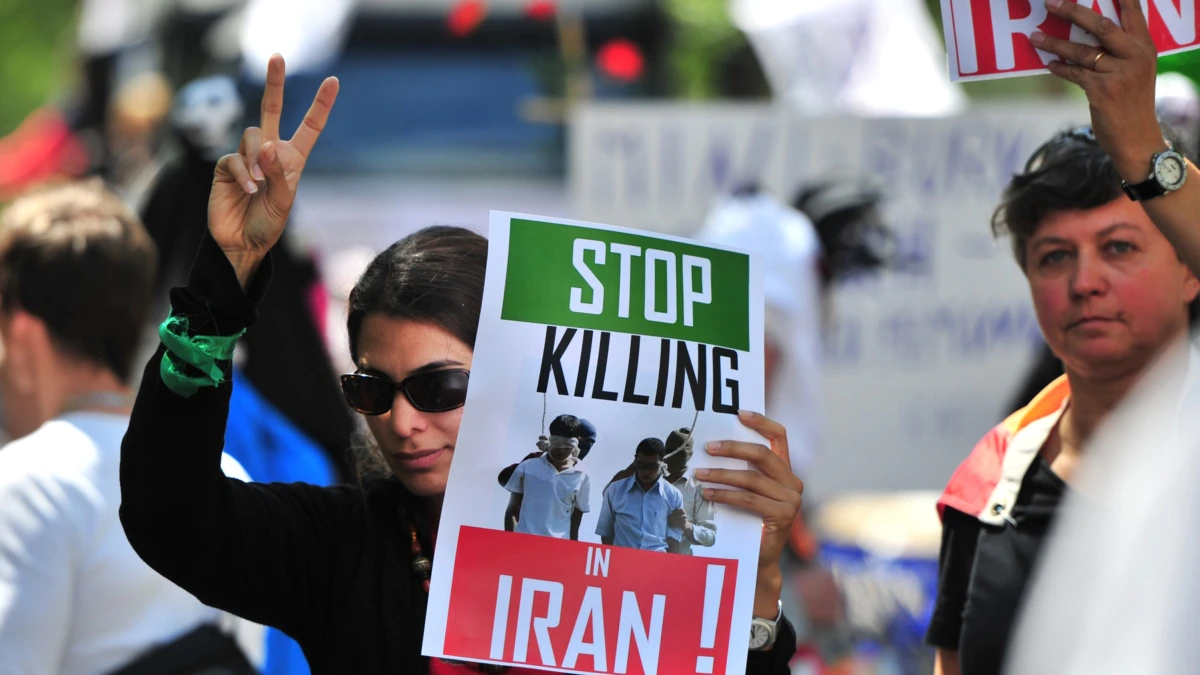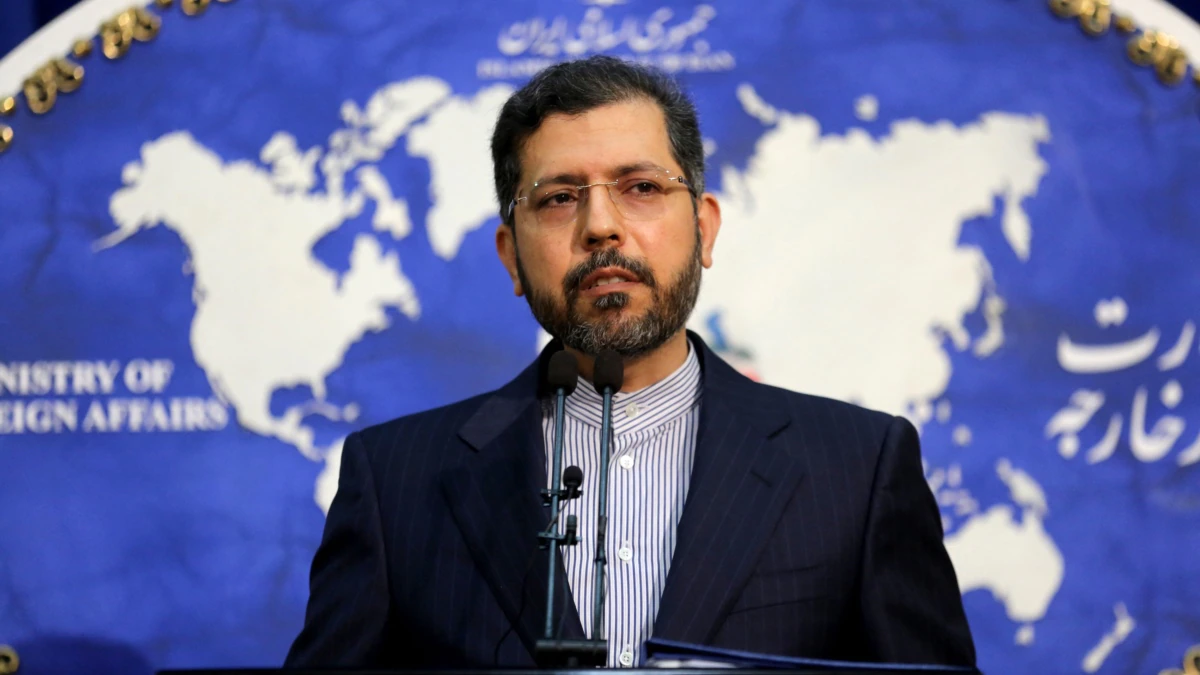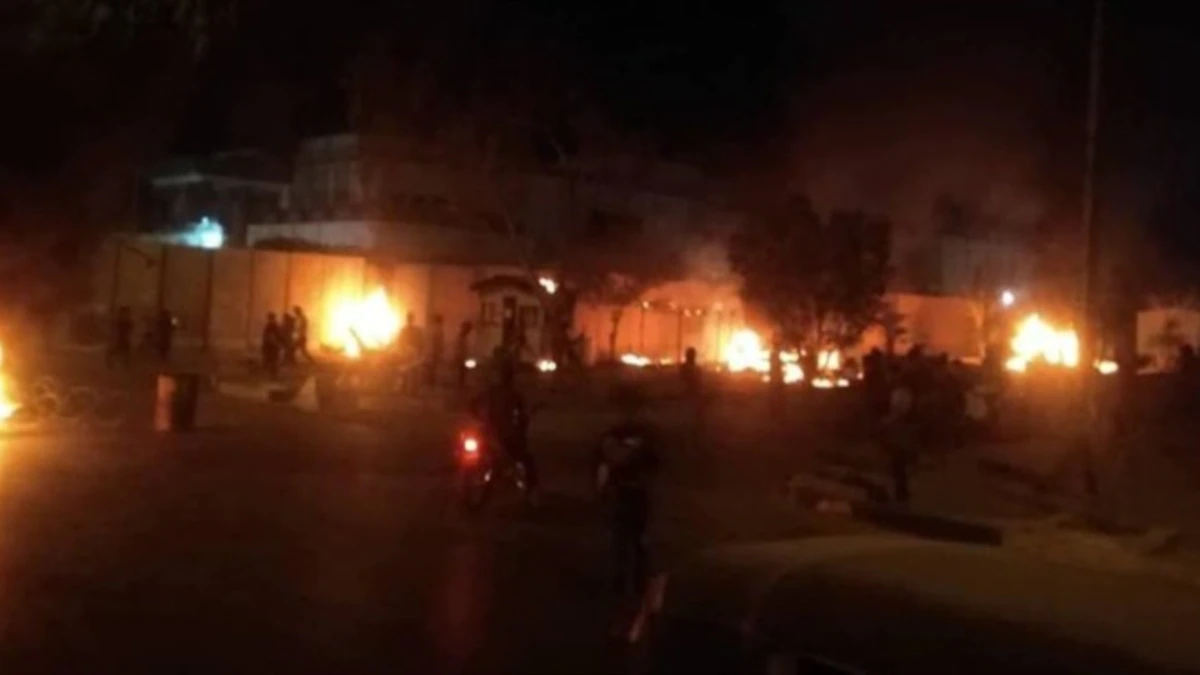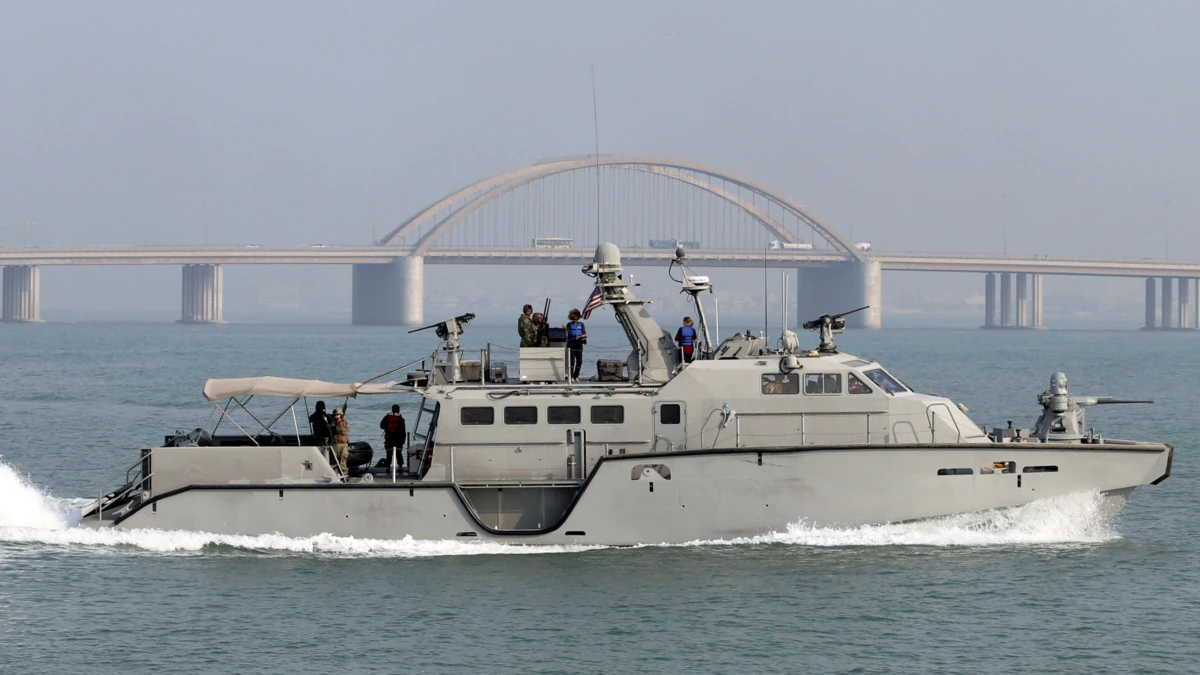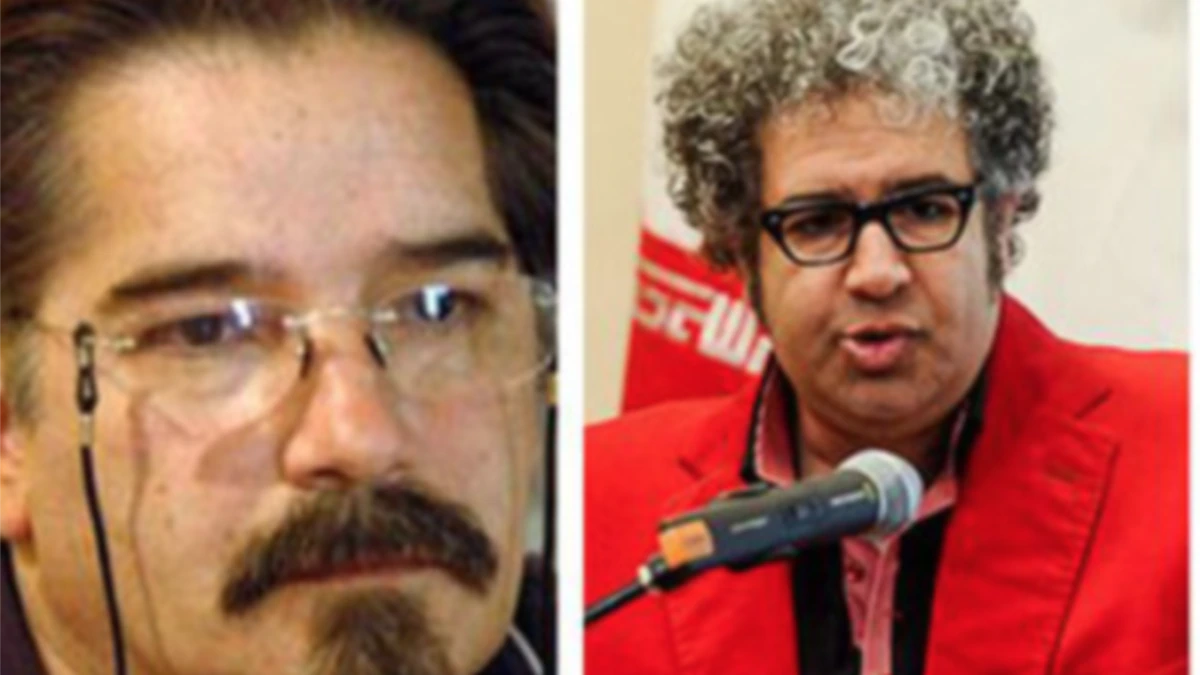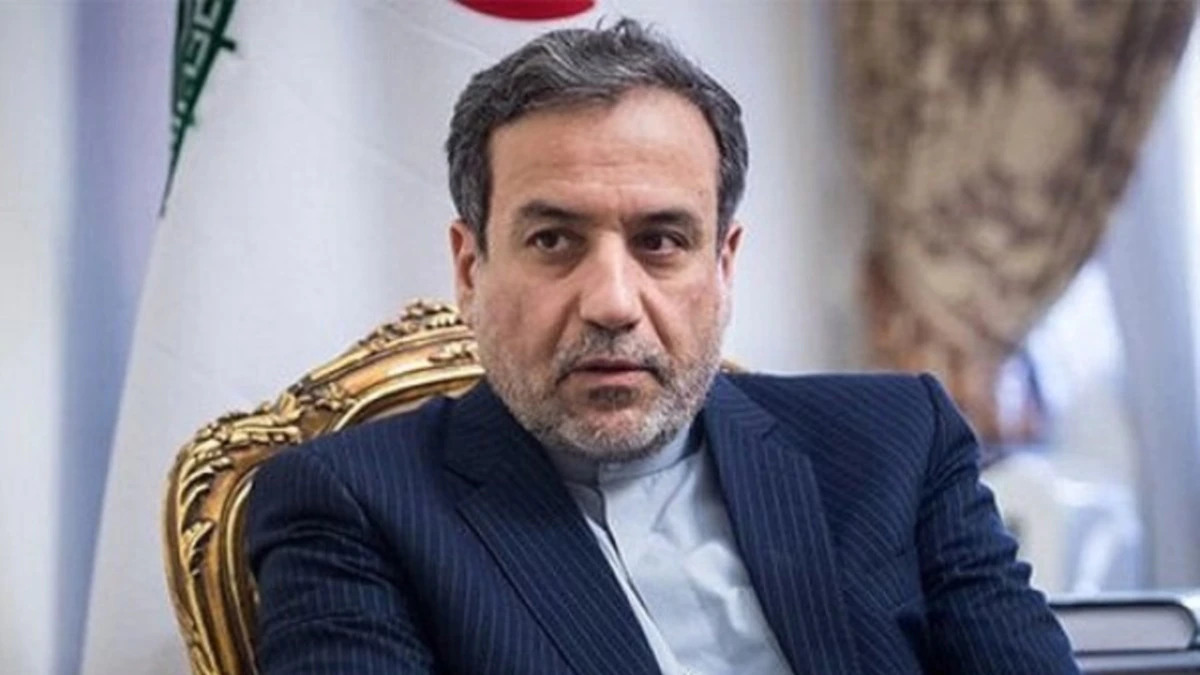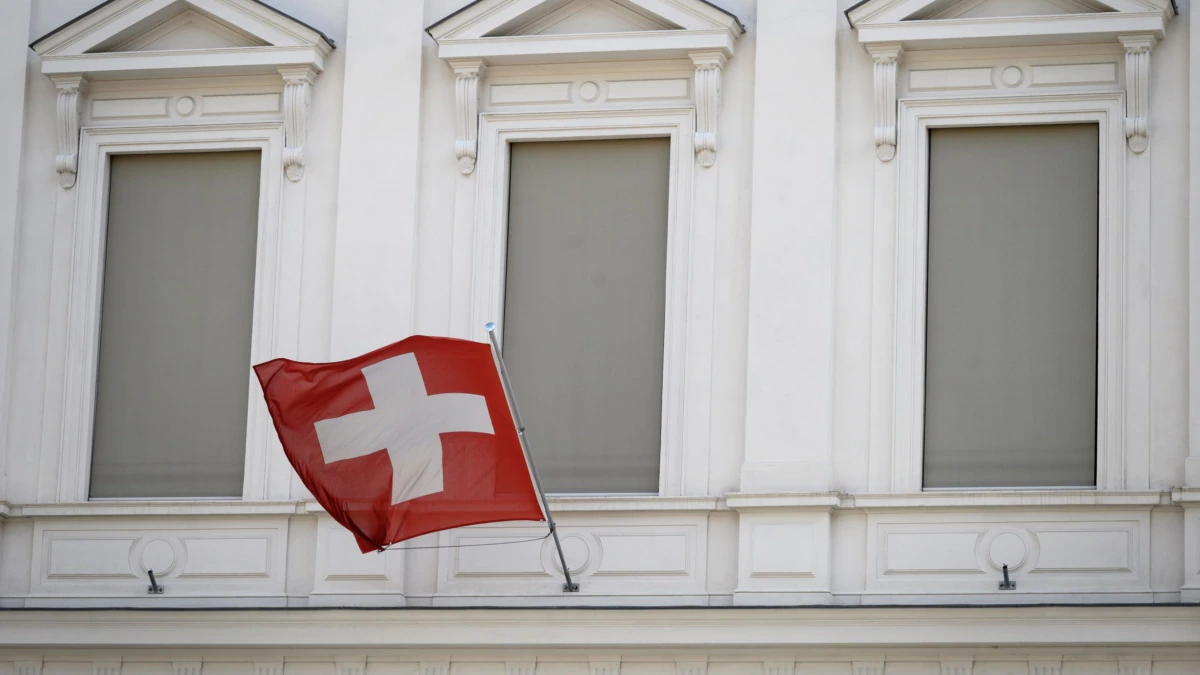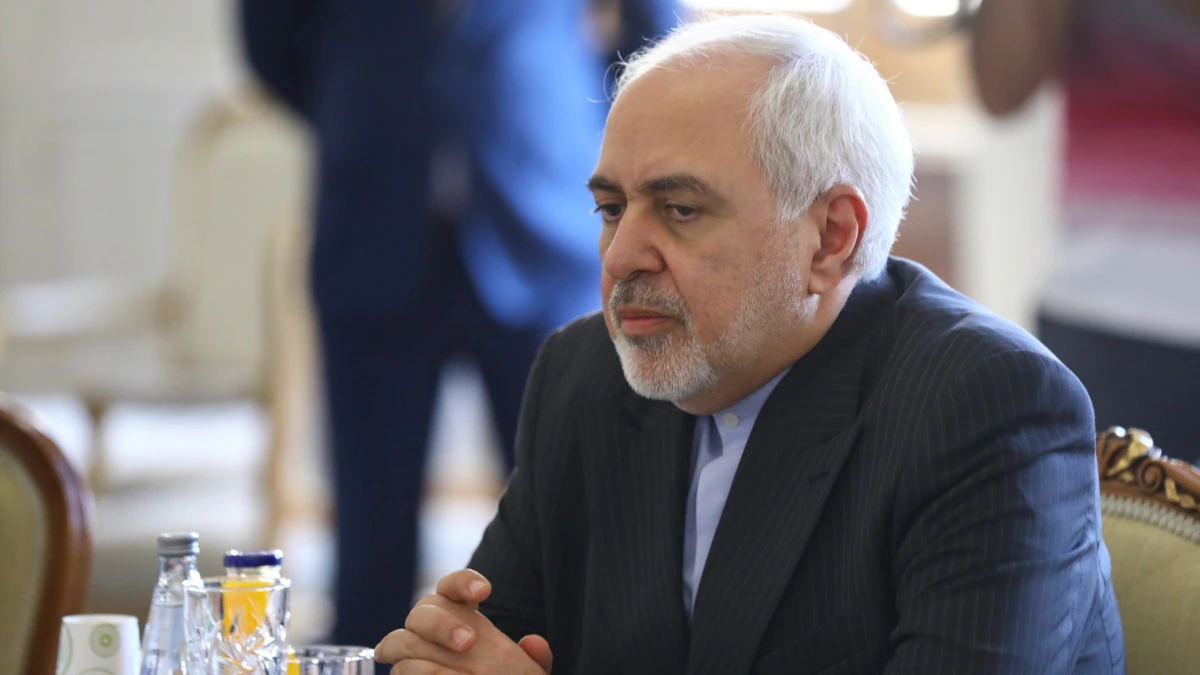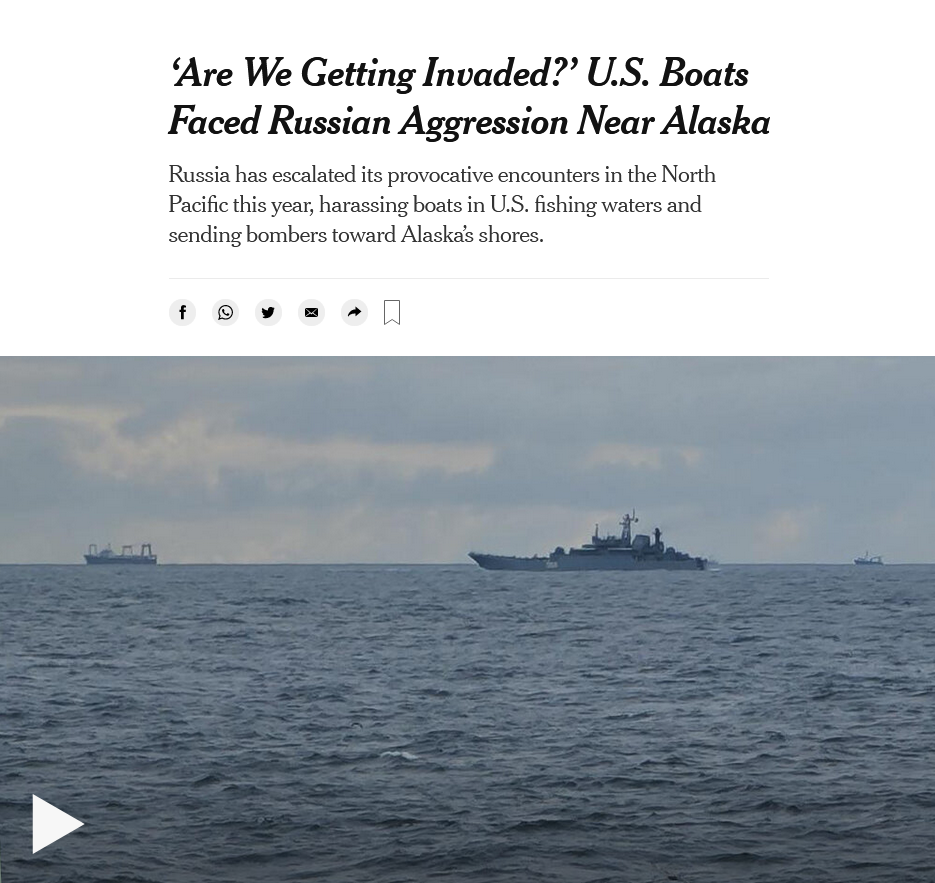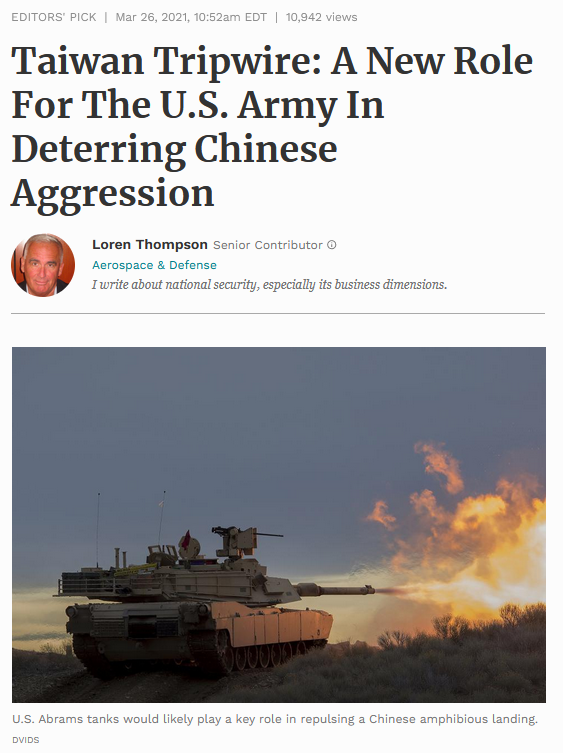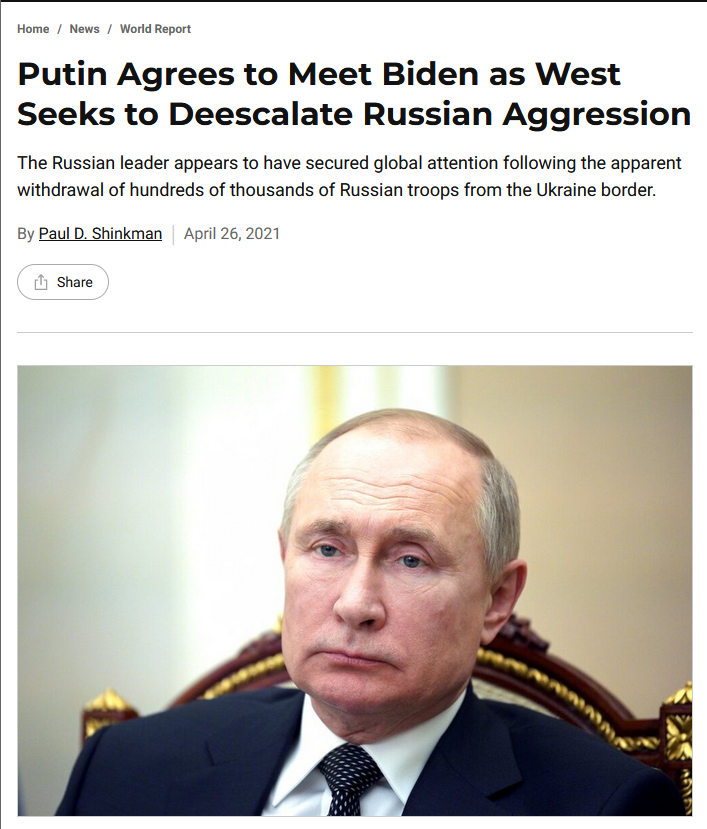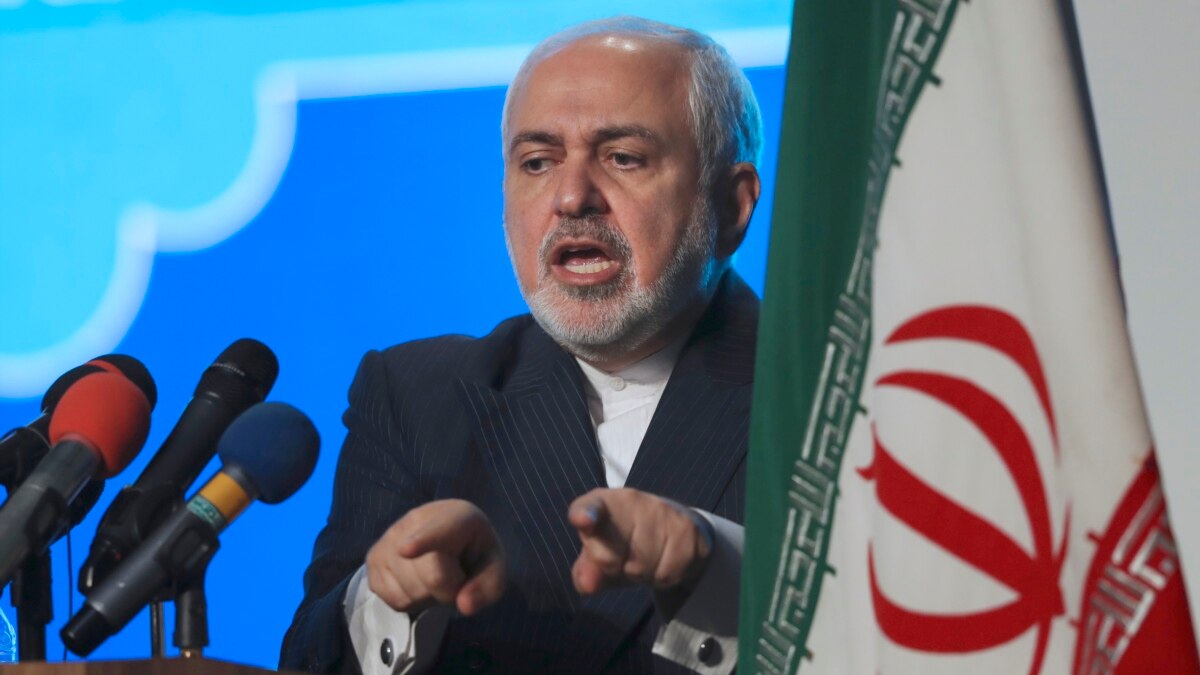His name was Alireza Fazeli Monfared and he was only 20 years old.
Fazeli Monfared was homosexual and due to the difficulties he faced because of his sexual orientation, was about to flee his native Iran for Turkey.
But he was reportedly killed by his family members before he could leave the southwestern province of Khuzestan after they accused him of dishonoring the family.
Fazeli Monfared’s killing has put the plight of Iran’s LGBT community in the spotlight amid concerns that this will not be the last suspected case of so-called honor killings of homosexuals in the Islamic republic.
“There’s no guarantee that this won’t happen again until our society becomes educated and informed,” Arsham Parsi, a Toronto-based, Iranian gay-rights activist and head of the International Railroad for Queer Refugees, told RFE/RL.
Killed For Being Gay
Fazeli Monfared was reportedly killed on May 4 by his half-brother and cousins who, according to some reports, beheaded him and dumped his body under a tree near the provincial capital of Ahvaz. They reportedly called his mother to tell her where to find him.
The Iranian Lesbian and Transgender Network 6rang said in a May 7 statement that Fazeli Monfared’s half-brother learned about his sexual orientation after seeing his military service exemption card. In Iran, homosexuals are allowed to skip military duty due to “mental disorders.”
Even before he was killed, Fazeli Monfared had complained to friends about threats from his relatives due to his sexual orientation.
In an audio recording obtained by the BBC, Fazeli Monfared said that his family had threatened to kill him and that he was planning to flee Iran to seek asylum in Norway or Sweden.
Fazeli Monfared’s partner, activist Aghil Abyat, told RFE/RL that he was due to travel to Turkey on May 8 to join him.
“He had told me that he had been threatened by his half-brother,” he said.
‘Lively’ And ‘Very Happy’ Man
Abyat described Fazeli Monfared as a “lively” and “very happy” young man who liked to travel, listen to music, and post videos on TikTok. His Instagram posts also suggest an interest in fashion.
Parsi, who had in recent weeks interacted with Fazeli Monfared on Clubhouse, said the young man had complained about family pressure and intolerance in society.
“He didn’t clearly say that he had been threatened with murder because if he had done so I would have contacted him privately since we take these issues very seriously, but he spoke about his family not accepting him and the pressure families put on homosexuals,” Parsi told RFE/RL.
Members of Iran’s gay community are forced to hide their sexual orientation, often leading double lives due to fear of persecution by the state, which criminalizes homosexual acts, while society views homosexuality as a disease.
Many in the lesbian, gay, bisexual, and transgender (LGBT) community are shunned by their families who view them as a stain on the family’s honor.
Homosexuality is punishable by death in Iran but proving that a sexual act has taken place is not easy and requires the testimony of four adult men.
Horrific Punishments, Abuse
Parsi said the LGBT community is “extremely vulnerable” while being exposed to horrific punishment and harassment.
“On the one hand, the establishment has laws that includes the death penalty and stoning for homosexuals, on the other hand their families do not accept them, neither does the society,” he said. “If something happens to them at work or school, if they get abused or raped, they don’t have anywhere to turn to.”
Fazeli Monfared’s murder has sent a chilling message to Iran’s gay community, reminding them of the dire threats they face.
“Today, I received the 86th message from [a homosexual inside Iran] who said this could have been us,” said Parsi, adding that “the fear homosexuals experience is real and must be taken seriously.”
Berlin-based human rights activist Kaveh Kermanshahi said the killing has shocked many.
“Whoever has gone through similar problems can relate and go through the trauma again, they have been reminded of their hardships,” said Kermanshahi, who came out only after leaving Iran several years ago.
“The reasons for not coming out are many more than those in favor of coming out,” he said.
“I was politically active, I was active in the human rights sphere, I was also a journalist faced with the risk of arrest, which happened. Due to of all these issues I had decided that [my sexuality] should not be revealed,” Kermanshahi added.
Honor Killings Often Unreported
Both Kermanshahi and Parsi believe that a large number of killings in Iran due to someone’s sexual orientation go unreported.
“Queers who have been in contact with these people fear reporting or investigating the cases because they can be outed in the society therefore these cases often happen in silence,” Kermanshahi said.
“When it comes to uxoricide, we have women’s rights activists who highlight these cases,” he said. “But in Iran we don’t have the possibility of queer activists working actively therefore it is possible that other cases — like [Fazeli Monfared’s] murder and [gay suicides] — are not being reported.”
In 2017, 6rang reported that a 23-year-old transsexual identified as Siavash was killed in Khorramabad in western Iran by his father who, according to the report, committed suicide afterward.
“Apparently the sexual identity of Siavash was not acceptable to the family at all,” 6rang said.
Parsi said in 2004 that a local newspaper reported the killing of a member of Iran’s gay community by his father in a northern Iranian village.
“It never became clear whether the father was arrested and punished,” he said.
According to a 2020 poll published by the 6rang advocacy group, 62 percent of LGBT members surveyed had said that they had experienced one or more forms of violence by their immediate family. Nearly 30 percent of them complained of sexual violence, while 77 percent said they had been subjected to physical violence.
The pressure and persecution force many members of Iran’s LGBT community to flee the country, while many others undergo gender-reassignment surgery.
This post was originally published on Radio Free.



